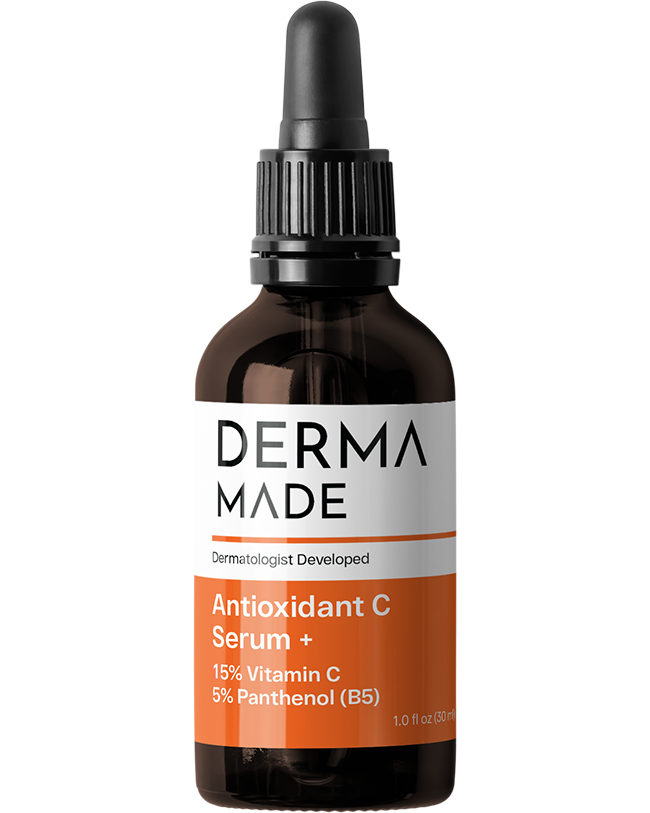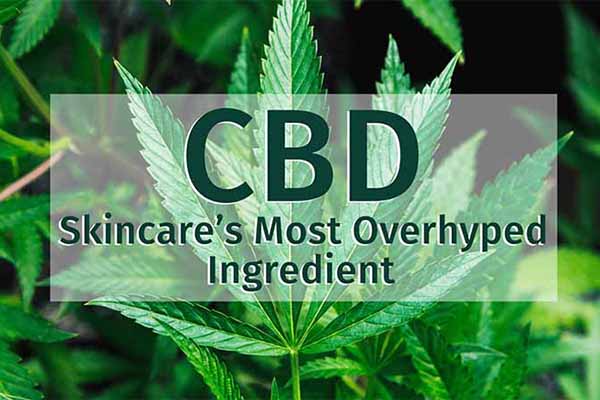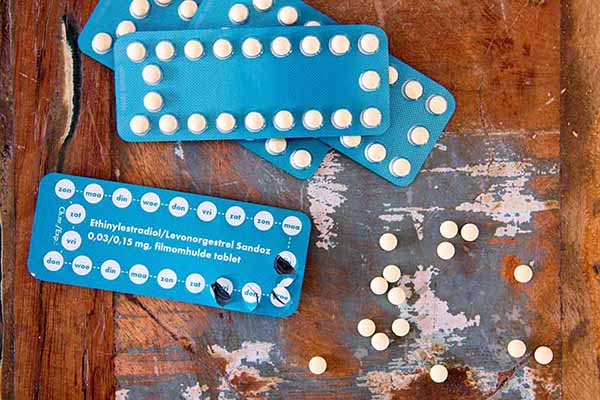Until recently, researchers were convinced diet had no link to the appearance of our skin. Fortunately, today, the vast majority of doctors believe that our diet can be our best medicine, both to prevent and to treat diseases; skin concerns not withstanding.
I don’t need to remind anyone about the thousands of wacky fad diets out there promising to “detox” or “purify” skin. We all have a friend who swears drinking prune juice mixed with the blood of virgins for a few weeks granted her eternal youth. But for our purposes, we’ll save some time and stick to the three generally adopted diets of today: veganism, vegetarianism, and carnivorism. The topic isn’t as simple as one diet that puts the rest to shame, however. Our bodies are sensitive. People require unique dietary needs. But we’ll try to boil down the safest bets for skin based on the research.
Nutrition and Acne
There’s plenty of controversial debate about linking a comprehensive diet to acne. But in this category, we have two confirmed offenders. The first way to avoid acne flare ups is to lower your glycemic index, or carbohydrate consumption. To be clear, this doesn’t mean cut out complex, fiber-friendly carbs like fruit, quinoa, and sweet potatoes. It’s the nutella (sugar) and penne pasta (white grains) that trigger an excess of sebum production, and in turn, a breakout in the making.
Dairy sales have taken a huge hit in recent years, with milk sales nose diving more than a billion dollars in 2018. And for good reason. In addition to the obvious animal injustice, large-scale dairy farming plagues our environment and natural resources. Dairy is also associated with bone fragility, heart disease, cancer, and, you guessed it… acne. Strategic veganism (brown rice/wheat, low levels of refined sugar, high fiber) seems to be the move. High fiber diets are directly related to acne reduction, so veg-heads will definitely see benefits in this department, too. There’s little-to-no evidence to suggest that eating meat alone can cause acne.
But that doesn’t mean you should pick up a meat lovers’ pizza on your drive home tonight. Hardcore meat-eating is riddled with other proven health risks, like early death for instance.
Diet and How We Age
This one’s a little more straightforward in that fruits and vegetables are hands down the best ways to support your body’s collagen supply. That’s what will keep skin looking luscious and youthful. In this regard, any plant-heavy diet is going to see their skin behave well into middle age. But what does that look like?
Well, when your health teacher told you to eat a rainbow when it comes to fruits and vegetables, they were right. The more you vary your plant intake, the more unique benefits you’ll reap.
For example, Vitamin C is directly associated with delaying the onset of wrinkles. High levels of linoleic acid (omega-6) is associated with lower levels of late-in-life dryness and skin atrophy, which is the thinning and deterioration of the skin. Then there’s the good old omega-3s, found in a variety of fish. Omega-3 is proven to help reverse the signs of sun damage. Great news for our pescatarians out there (pescatarian: vegetarian with the exception of fish). Pro tip: if you’re trying to reap the rewards of omega-3, just eat the fish! The supplements contribute heavily to overfishing, often requiring multiple fish for a single supplement.
Then there’s what NOT to eat. Sugar, especially refined sugar is widely associated with loss of firmness (known as the “sugar sag”) and collagen breakdown. But don’t, by any means, stop eating fruits. Get the nutrients directly, as opposed to drinking juices or smoothies with syrups and added simple carbohydrates.
As it turns out, preparation plays a large role here. Grilling, roasting, and particularly frying contributing to stiffness and reduced elasticity, opt for water-based cooking methods. This isn’t great news for any dietary category, but especially gloom and doom for meat eaters.
No evidence suggests meat-eaters get any anti-aging skin benefits. But again, there’s no science to say meat directly ages the skin. However, the more you opt for animal products, the less skin-conscious nutrition you’re raking in! So again, meat eaters lose in this category.
The Anti-Inflammatory Diet
If you have skin inflammation from psoriasis, eczema, or rosacea, any doctor will tell you to avoid red or processed meats, refined sugars, and dairy products. We should be noticing a theme here.
All in all, plant-based gets not only the skincare seal of approval, but the thumbs up for overall longevity. Going vegan won’t only help you look great and improve the environment, but will lower your risk of heart disease, cancer, and diabetes. But make no mistake, any can be healthy. On the other side of the coin, even vegans can eat like garbage. After all, most beer and french fries are vegan.







